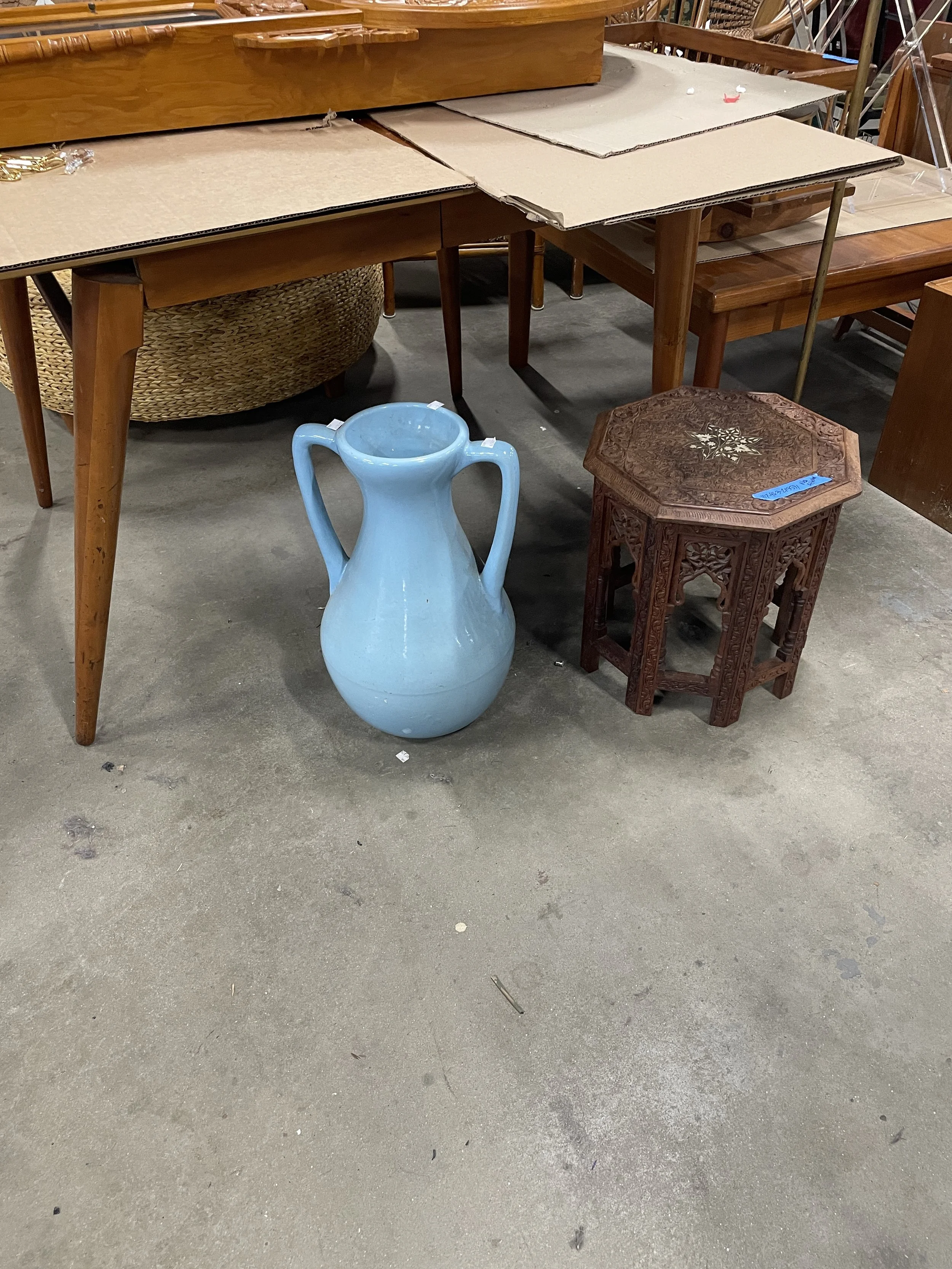Have you ever considered celebrating clutter? Most people don’t think about it that way. We often view clutter as an overabundance of things, thoughts, or time that prevents us from living in the ways we value most.
The idea of celebrating clutter might almost seem like an oxymoron. More often, clutter feels like a burden, which can be overwhelming or paralyzing. It gets in the way and blocks forward movement.
Perhaps a better word choice is honoring instead of celebrating. What becomes possible when you approach clutter in this way? I will share a story with you to illustrate how this idea originated.
The Origin Story for Celebrating Clutter
Recently, I reread a post I wrote fifteen years ago, “As Sure as a Crocus.” Surprisingly, I found a comment (also from then) that I had never seen or responded to. I’m unsure how I missed it because I usually respond to all comments.
This message was especially poignant and heart-warming because it came from my mom, who has passed away. Seeing her signature made me smile, as she signed it with a secret name I knew was hers.
The timing of reading her words was significant for me. It was in March, the anniversary month of her birth and death. She’s been gone for four years, and I miss her terribly. As I read Mom’s sweet note of support, encouragement, and gratitude, I deeply and immediately felt her love and our connection, transcending the constructs of time and space.
How does this connect to celebrating clutter?
Why Celebrate Clutter?
Addressing the clutter in your life can be approached in many ways. One strategy is to identify and release those things that no longer belong, serve a purpose, or align with who you are now. From there, you can focus on organizing the “keepers.”
Another approach is to find the treasures and keepers first. After that step, edit those things you want to let go of.
With both strategies, you will undoubtedly make discoveries. You’ll find letters from loved ones now gone, notes with great ideas to pursue one day, children’s art, old photos, vacation memorabilia, or materials from previous careers.
These findings can evoke a range of emotions as they highlight and represent different stages and aspects of your life.
Celebrating clutter can enhance the decluttering process in several ways by gifting yourself time to:
Revisit and appreciate the items you’re releasing.
Enjoy and review some of the “treasures.”
Celebrate with a dance, high-fives, or cheers after a decluttering session.
“Celebrating clutter can enhance the decluttering process.”
How Does Clutter Affect You?
Decluttering can be energizing or exhausting, depending on your mindset and situation. Approaching it with a celebratory perspective can transform your experience and make it more positive and affirming.
What is your relationship to clutter? What could celebrating clutter look like for you? I’d love to hear your thoughts. I invite you to join the conversation.
How Can I Help?
Do you want support organizing, editing, or decluttering? I’d love to help! Virtual organizing is an extraordinary path forward – Local feel with a global reach.
Please schedule a Discovery Call, email me at linda@ohsorganized.com, or call 914-271-5673. Living clutter-free is possible, especially with support.





















